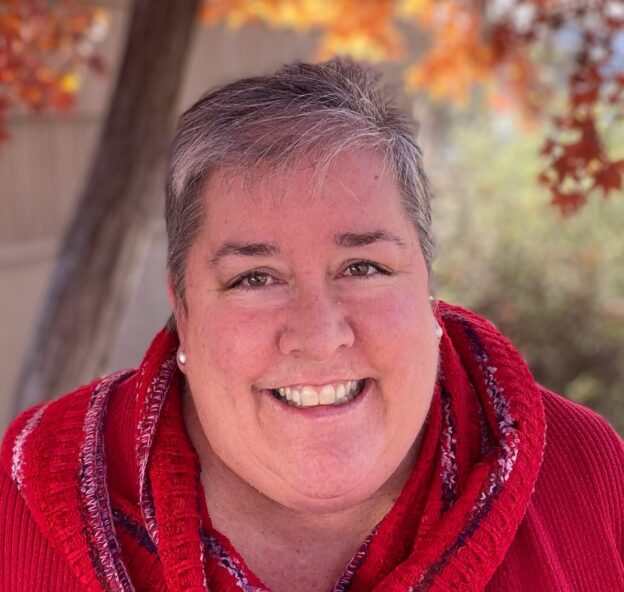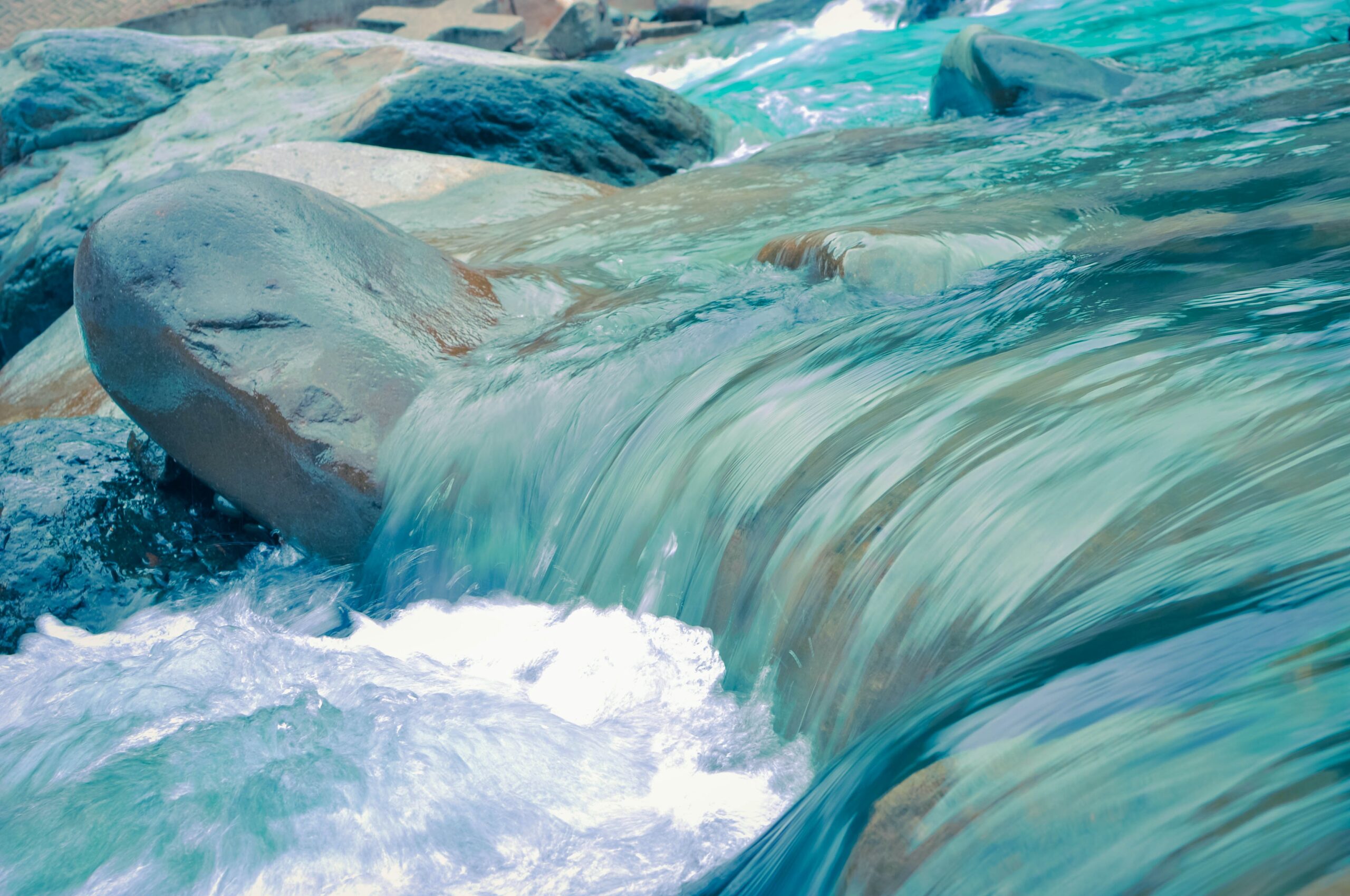Insights from Water Forum Alum Sarah Foley
In 2018 the California Legislature passed new efficiency standards aimed at reducing water consumption in the urban sector. The new law (passed as SB 606/AB 1668) came in response to the state’s difficult 2014-17 drought, aiming to reduce water use by homes and businesses to ease pain in the next drought.
Well, the next drought is here, and the new standards are still in development. The residential component will require urban water providers to reduce per capita water use. For example, the proposed indoor standard is 47 gallons per capita per day (gpcd) by 2025 decreasing to 42 gpcd by 2030. Present indoor consumption is estimated in the 50 to 55 gpcd range. Separate standards will be imposed for landscape irrigation.
For the latest, we recently spoke with Sarah Foley, executive director/operations at the California Water Efficiency Partnership (CalWEP). The Sacramento-based group is monitoring the process and preparing to help water providers comply. Sarah previously served as deputy director of the Water Forum.

Water Forum: What is CalWEP’s role in shaping the standards?
Sarah Foley: Our role has been to promote communication with everybody involved and help our members understand what’s going to be required. And then advocate for the funding that water agencies need to make these things happen.
Water Forum: Why will water providers need funding?
Sarah: Because the low-hanging fruit was picked off the tree a long time ago when it comes to water conservation. The early adopters, they’ve already adopted. And for somebody who can afford to remodel their home, well, you can only buy high-efficiency appliances now. But for people who haven’t done these things, that’s going to be hard. You can say a new toilet is cheap, but it’s not necessarily cheap for low-income people. If you want people to install a high-efficiency washing machine, that’s an $800 investment. That may be a significant amount of your monthly income. The thing I tell folks is, we’re getting to the point where if we need all these legacy toilets changed out, we’re going to have show up on doorsteps with the toilet and the plumber ready to go.
Water Forum: Is there any money in the program to help water providers?
Sarah: We hope there will be money. The pickle that we’re in is that people are told they have to conserve, and agencies now have to meet these standards, whatever they end up being. But the funding always comes later. It’s the classic legislative unfunded mandate. You tell people they have to meet X regulation, but the money only comes later, if ever. Some of it will have to be borne at the local level, and folks will just have to figure out how to pay for it.
Water Forum: When will water providers start enforcing the regulations?
Sarah: The first question is, when do they have to start meeting the standards? And we still don’t have total clarity on that. But in short, it’s going to happen over the course of several years. By January 1, 2024, they have to calculate what their targets are going to be. Then, they’ll be reporting to the State Board, and the State Board will have to decide how they’re going to enforce the standards. The first big deadline is 47 gpcd in 2025, which is spelled out in the legislation. The legislation says enforcement is to begin in 2027, but we will see what happens.
Water Forum: Who exactly is obligated to comply? Water providers or their customers?
Sarah: Water providers have to meet the sum of the standards — indoor plus outdoor plus commercial-industrial water use, and water loss (leakage) standards. All of that will align to give the water provider their target. The average consumer might be concerned, thinking, ‘Are the water police going to knock on my door?’ That’s not it. It’s an aggregate of everything used in a water agency’s service area. Nobody’s going to look at each and every household.
Water Forum: Will consumers see rate increases?
Sarah: If people aren’t getting the price signal on their water bills, it’s harder to make the conservation happen. If the water’s cheap, you’re still going to see a lot of gutter flooding. They’re certainly going to have to continue to embrace conservation and probably do more. But it does depend on the rate structure, and that’s a whole process in and of itself. More broadly, the question is, ‘How are we going to pay for all this?’ That’s the million-dollar question.
Water Forum: What should water customers be doing now?
Sarah: About 70 percent of water used at homes is outdoor water, and it’s very hard for people to contemplate how much that is. I don’t necessarily think removing your lawn is the golden ticket to conservation, because not everybody can or will yank out their lawn. But there’s still a lot you can do to be more efficient in landscape irrigation. As we see more landscapes transition to sustainable practices, that will be a sign that things are going well. The average citizen just needs to be very mindful of how they are using water in and around their home.
Water Forum: Any words of wisdom for the Water Forum or water providers?
Sarah: Continue to invest in conservation programs, because they are working. This region has come a long way from when I first started at the Water Forum. The Water Forum Agreement has really positioned this region well in terms of our water supply and being able to meet challenges in dry years. Folks aren’t just doing that because they need to conserve water. They’re also doing it to save water behind Folsom Dam so fish have cold water in the fall. People really value that. And that’s why I say continue to invest in conservation, because climate change is real and its happening, and we want to be able to preserve the things that are important to us, like the Lower American River.
Water Forum: What are some good resources for readers to learn more, and where can they go to stay updated about the emerging water efficiency standards?
Sarah: Learn more at https://calwep.org/framework-updates/

